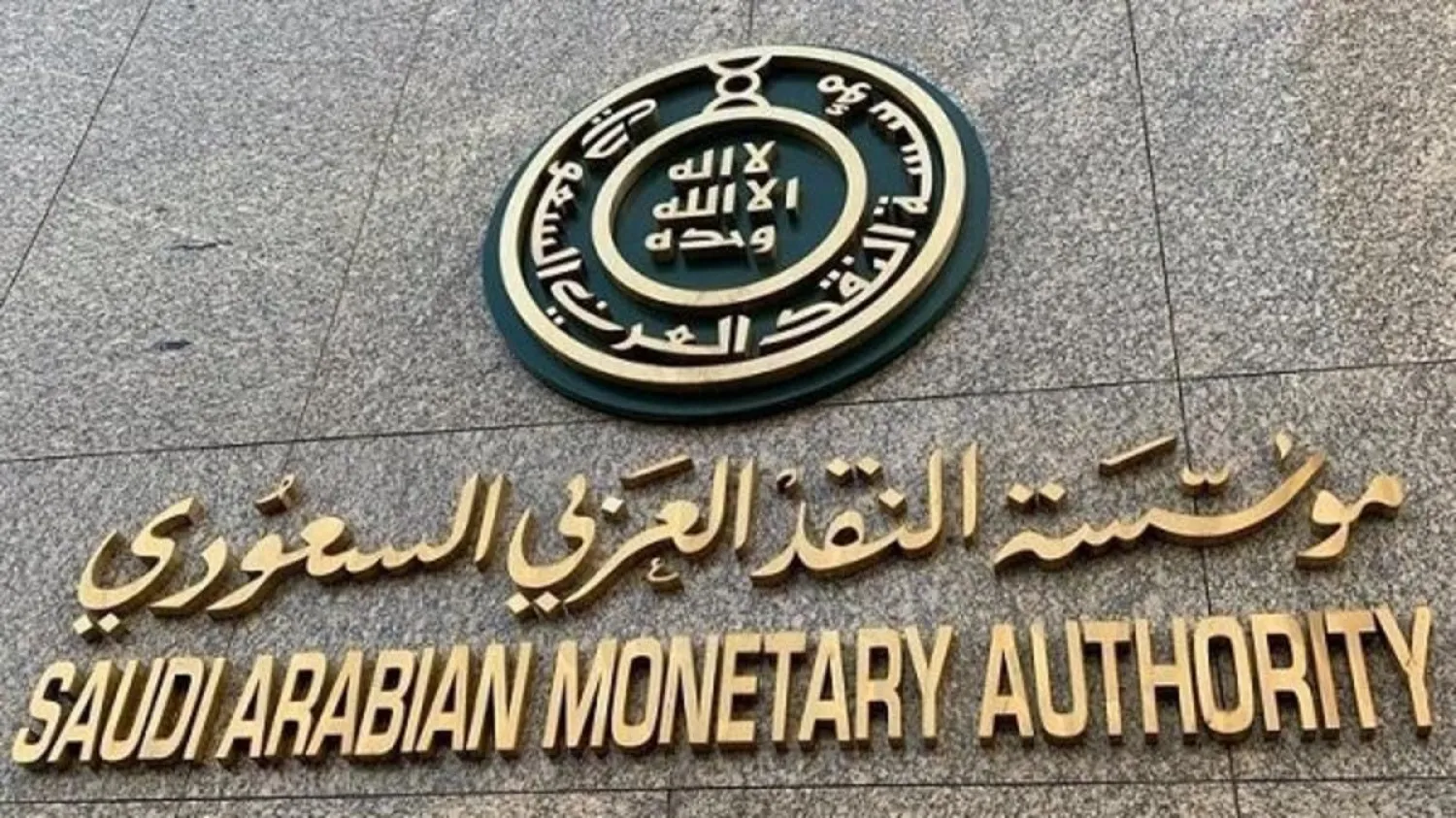The Saudi Arabian Monetary Authority (SAMA) announced that it has permitted nine more FinTech companies to operate in the Regulatory Sandbox, raising the total to 30.
The new batch serves SAMA's effort to promote the digitization of financial services and drive towards digital transformation in the financial sector in line with the requirements and objectives of the Financial Sector Development Program, one of the Kingdom's Vision 2030 programs.
SAMA stated that it received up to 103 requests, and approved the innovative solutions which fulfilled the eligibility criteria in accordance with the published Regulatory Sandbox Framework. Applications related to payments, financing and insurance are eligible to apply to obtain the license directly and comply with the recently issued rules and regulations.
The new batch of services and products approved in SAMA's Regulatory Sandbox included Electronic Saving Societies Platforms for individuals and a new batch of Crowdfunding Platforms for SMEs and Entrepreneurs.
This stems from its responsibilities to raise financial awareness among all community segments, support the development of the national economy and diversification of its income sources, and incentivize savings, financing and investment.
This step helps achieve a number of strategic objectives, such as enhancing financial planning and raising the savings percentage in Saudi Arabia, which would be positively reflected on the quality of life of individuals and households, as well as the resilience of the economy in general.
Other objectives include supporting programs and projects to raise the spirit of initiative and innovation, in addition to developing and supporting the SMEs sector to build a competitive economic system that ensures the sector's sustainability, prosperity and higher contribution to the national GDP.









